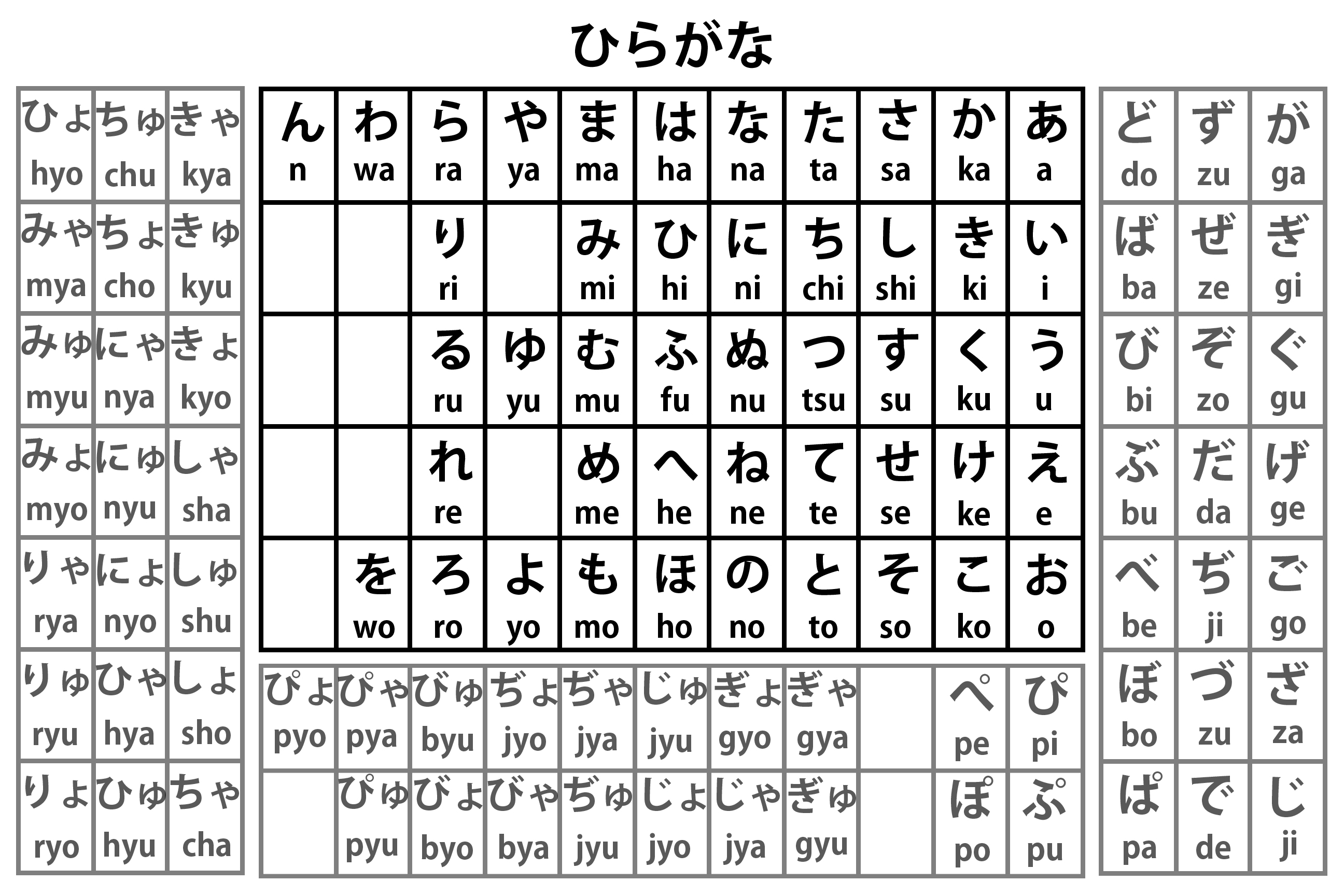

The complexity of the Japanese language earns it a place on the list of the most difficult languages to translate. It’s structurally different from English, has far fewer words, and is missing a definite future tense. Japanese is one of the most complicated languages in the world for a non-native speaker. Here are the top 3 challenges most localization teams face when translating their content to Japanese. Now that you know more about the Japanese language, one thing is certain: translating and localizing for Japan can be tricky. Instead, sentences follow a regular pattern, which makes it possible to differentiate words.

Japanese writing doesn’t have any spaces between words. This means Japanese readers must understand the context of the words in a sentence to determine if a noun is singular or plural. Japanese nouns don’t differentiate between singular and plural forms. When describing either the present or the future, the non-past tense is used. In contrast, the Japanese language uses only two tenses – past and non-past. (Watashi-wa megane-o kaketa onnanoko-wa kireida to omou.)Įnglish grammar has three tenses – past, present, and future.
#ENGLISH JAPANESE TRANSLATOR HIRAGANA HOW TO#
How to Say “You” in Japanese There are also different ways of saying “you” depending on the circumstances:.boku (male) 僕, atashi (female) あたし - informal.How to Say “I” in Japanese There are different ways to say “I” depending on the situation:.There are also several forms of popular pronouns like “I” and “you.” Some Japanese expressions do not provide any clues about the gender of the person being referenced. In English, choosing the right pronoun to use is simple, but that’s not the case in Japanese. Unlike English with its single alphabet, Japanese has 3 character sets: Most Japanese sentences are made up of a combination of kanji and hiragana. Japanese is a unique and complex language. Achieving a high-quality Japanese translation takes time.īefore you begin your translation project, here are some things you should know about the Japanese language. Surprisingly, the translation process takes much longer than for most other languages. Step one of your Japanese localization project is to translate your content into Japanese. Before You Start: Things to Know About the Japanese Language Japan’s infrastructure is advanced: most people in the nation have internet access and participate in online shopping.Ĭonsider breaking into this high-value market to increase your revenue, traffic, and conversions.Japan has an industrious and well-educated workforce.The country’s large and affluent population (125 million) means it is one of the world’s largest consumer markets.Japan is the world’s third-largest economy.Japan’s eCommerce market is forecast to reach US$ 3.4 billion by 2025. The Japanese market is one of the most lucrative eCommerce markets in the world.Japanese is one of the most complex languages worldwide, so localizing for Japan can be a real challenge. In this guide, we’ll share best practices for translating and localizing a website for a Japanese audience. Website localization strategy for Japan depends on successful translations, adequate cultural understanding, and good UI design. Japan offers a stable market that encourages trade and foreign investment. As one of the world’s leading industrial powers, Japan is an important market for many international companies.


 0 kommentar(er)
0 kommentar(er)
